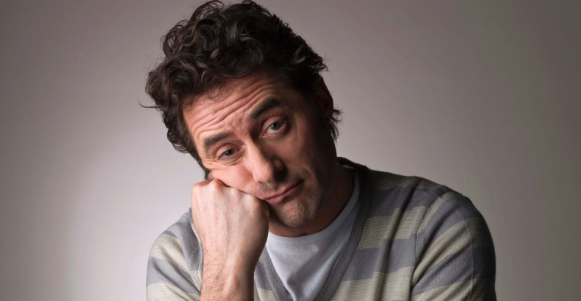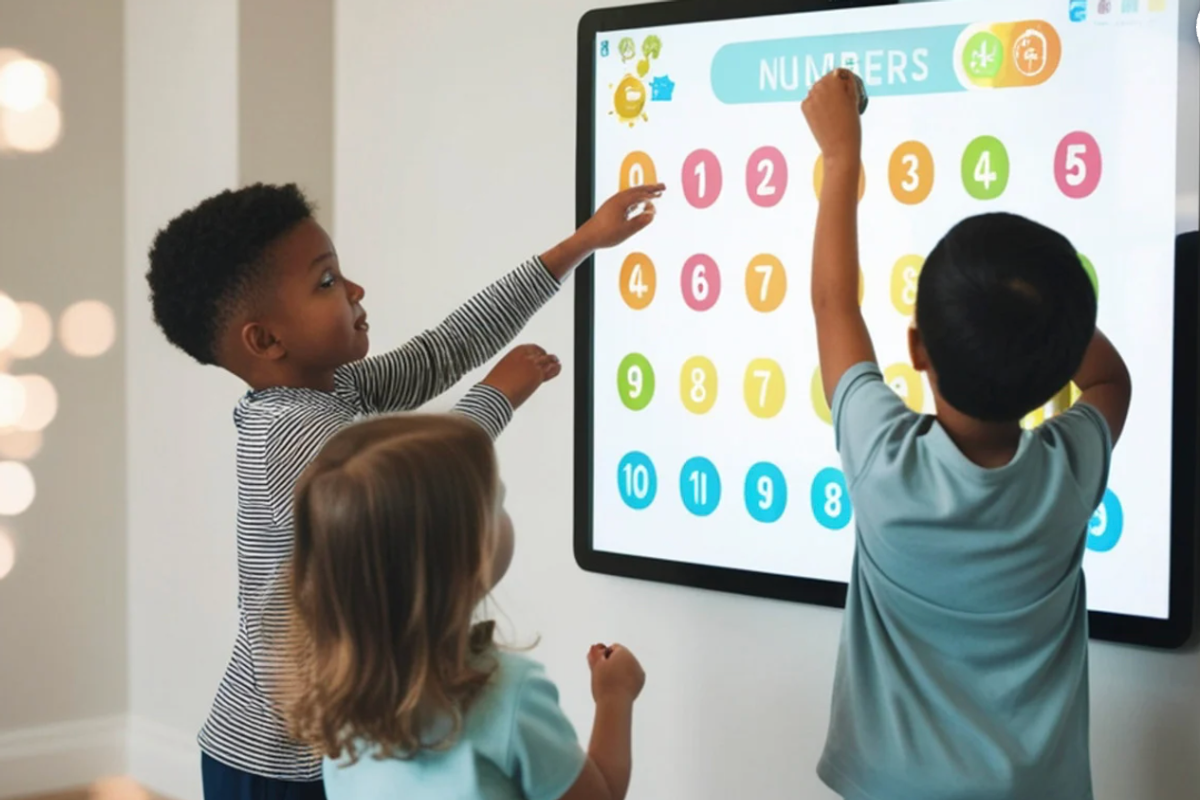We can all agree that the Holocaust happened, right? Wrong. Millions of people disagree.
How do you prove the Holocaust happened? And should you have to?
In 1996, Deborah Lipstadt was tasked with proving the Holocaust happened in a trial that's the focus of the new film, "Denial."
Yep, you read that right. Holocaust denial is actually a thing.
Many of us know that from 1933 to 1945 up to 6 million Jewish people lost their lives during the Holocaust, and more than 11 million people were killed altogether. We have photographs of the concentration camps, the ruins of which are still around today and can be visited. We have testimony from Nazi officials. There are survivors with arm tattoos and eyewitness accounts of the tragedy.
Image via Dale Cruse/Flickr.
But for some people, that evidence doesn't seem to be enough. In fact, apparently only 54% of the world’s population has heard about the Holocaust, and of those who have heard about it, about one-third believes that the genocide has not been accurately described. Shocking, right?
In 1993, Lipstadt wrote a book about the phenomenon of Holocaust denial called "Denying the Holocaust: The Growing Assault on Truth and Memory" because she felt she had to draw attention to the absurdity of deniers' claims.
In the book, Lipstadt dedicated just a few paragraphs — 500 words — to a man named David Irving, a Holocaust denier.
Irving not only distorts the historic records of the Holocaust, but also discounts the stories of people who witnessed and experienced the horrors or who have loved ones who did. Since the late 1980s, Irving has vehemently stated that the Holocaust was a hoax.
Dachau Concentration Camp prisoners. Image via Dale Cruse/Flickr.
"More women died in the backseat of Kennedy’s car at Chappaquiddick than died in the gas chambers at Auschwitz," Lipstadt quoted Irving as saying in her book.
Three years later, Irving sued Lipstadt for libel for calling him a Holocaust denier in her book. That trial is what "Denial" focuses on.
The film follows Lipstadt, who found herself center stage in a lawsuit, tasked with proving that Irving was lying when he said the Holocaust didn't happen.
"You can lie. You can say whatever you want, but you can be held accountable for it. And you can't then say 'well my opinion is equal to fact,'" Lipstadt said, explaining why it was so important to hold Irving accountable for his words.
Deborah Lipstadt. Image via Participant Media.
Irving brought his suit against Lipstadt in the U.K., where the law puts the burden of proof on the accused — meaning that instead of Irving being required to prove Lipstadt guilty, Lipstadt and her team of lawyers had to prove that Irving was actually a Holocaust denier. To do this, they'd have to prove that the Holocaust did in fact happen, and that Irving explicitly misrepresented that fact.
If Lipstadt lost the case, it would basically mean no one in the U.K. could ever call Irving a Holocaust denier, and it would allow for the continued denial of one of history's most significant and tragic events.
Fortunately, Lipstadt won — a victory that had repercussions beyond the case and beyond Irving.
It was a decisive win for truth.
Image via Dale Cruse/Flickr.
Fast forward to the current political climate, where elevating the truth is as crucial as ever.
We have a presidential candidate who regularly makes inaccurate and harmful statements regarding Muslims. Donald Trump claimed to have seen "thousands and thousands" of Muslims cheering as the buildings fell on 9/11 and used that story to justify his desire to create a Muslim database that's been compared to the Jewish database that was implemented in Nazi Germany.
Since 9/11, hate crimes against Muslims have been up, and researchers are seeing a renewed spike lately. While a direct connection can't be assumed, analysts can't help but note the timing and wonder if the hateful rhetoric of the 2016 campaign is a contributing factor. Now, promoting intolerance is not the same thing as mass genocide. But when people in positions of power use patriotism and false statements to justify hate and gain a following in doing so, people get hurt.
There are also people in places of power claiming the climate change isn't real — ignoring scientists as well as the pleas and warnings of people in regions that are already feeling climate change's devastating effects.
And we have leaders brushing off systemic racism that directly effects the way black lives are viewed and valued and denouncing the activists who call attention to the injustices.
"There aren't always two sides to every story," said Lipstadt. "Certain things are true. Certain things happened. You can debate why they happened, you can debate why there was a Holocaust. You can debate who made the decision. But you can’t debate whether it happened."
Movies like "Denial" are a reminder that there will always be people out there who ignore the truth in an attempt to deny people their history.
For every person who denies history, there are even more people out there standing up for truth. Lipstadt's story is one of fact triumphing over opinion, of truth winning out over lies.
We could use more of that.
There will always be people like Irving in the world, but what we can do is work to ensure that the truth is told, no matter how ugly, because it’s important. Because it’s our duty to seek the truth.
Check out more of Lipstadt's story, which is featured in the upcoming movie "Denial," now playing in select theaters/everywhere Oct. 21:



 Student smiling in a classroom, working on a laptop.
Student smiling in a classroom, working on a laptop. Students focused and ready to learn in the classroom.
Students focused and ready to learn in the classroom.
 A man feeling a bit down.via
A man feeling a bit down.via A happy woman running on the beach.via
A happy woman running on the beach.via

 Young students playing with numbers on a screen.
Young students playing with numbers on a screen.  A male student causing trouble in the classroom with a paper airplane.
A male student causing trouble in the classroom with a paper airplane.  A frustrated teacher with her head in her hands.
A frustrated teacher with her head in her hands.  A teacher lecturing.
A teacher lecturing.
 Winston Churchill's painting "Tower of the Koutoubia Mosque"Image via Wikipedia
Winston Churchill's painting "Tower of the Koutoubia Mosque"Image via Wikipedia